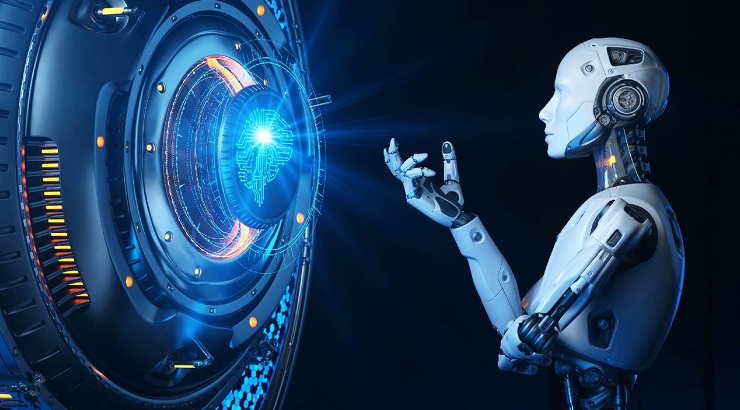Technology
What’s Next for Tech? 5 Key Trends Shaping 2025
Capgemini predicts technology trends that are likely to dominate in 2025.

It’s that time of year again. Tech sector gurus at Capgemini Research Institute, with decades of experience, have predicted the technology trends likely to dominate in 2025.
A key theme underlying the predictions is that AI and generative AI (Gen AI) are driving forces. This view is shared by industry executives around the world and investor professionals from venture capital and private equity.
They also anticipate that AI/Gen AI will drive significant growth in other key technologies.
Their top five tech trends to watch in 2025 are:
1. Generative AI:
Autonomous intelligent systems can learn and adapt to new situations, making them valuable assets in various industries, from customer service to healthcare.
The next step in this tech evolution will be the rise of the ‘super agent,’ capable of orchestrating and optimizing multiple AI systems. These advancements are expected to create new AI systems across industries, boosting efficiency and innovation this year.
2. AI & Gen AI in cybersecurity
AI is transforming cybersecurity from both sides of the legal divide, elevating both cyberattacks and cyber defenses to new levels of sophistication.
At the moment, the criminals have their noses ahead: almost all organizations surveyed (97%) in our recently published report say they have suffered breaches or security issues related to the use of Generative AI in the past year.
RELATED: Meta Ditches Fact-Checking for ‘Community Notes’
Industry executives in our survey ranked AI and Gen AI in cybersecurity as the highest of more than 60 trends that we analyzed.
3. AI-powered robotics
Collaborative robots (cobots) and AI-driven robotics are used in various industries to enhance productivity and safety. These technologies enable humans and robots to perform precision tasks in concert.
While hard-coded, task-specific machines used to dominate robotics, the development of Gen AI is now spurring the creation of new products, including humanoid and collaborative robots, that can adapt to diverse scenarios and learn continuously from their environments.
RELATED: Windows 10 Users Face Critical Security Risks in 2025
With robots creeping towards full autonomy and AI taking on complex decision-making roles, the future of work may see a shift in traditional hierarchies.
4. Surge in AI is driving nuclear resurgence
Nuclear energy is a focal point for 2025, propelled by the urgent need for clean, dependable, and controllable power (in part owing to the rise of AI and other new tech). Although few executives saw small modular reactors (SMRs) as a top 2025 sustainability tech in October, the recent surge in SMR news suggests 2025 could be a key year.
5. New-generation supply chain
In recent years, businesses have had to navigate increasingly complex, unpredictable market conditions. Technologies including AI, data, blockchain, Internet of Things (IoT), and connectivity with terrestrial-satellite networks play a strategic role in enhancing cost efficiency, resilience, agility, circularity, and sustainability of supply chains.
Additional regulatory and environmental constraints will make this shift critical to ensuring competitiveness, agility, and resilience.
Key takeaways:
- AI-powered everything: AI (such as AI agents and AI-powered robotics), or a second-order effect of the surge in AI (e.g., the resurgence of nuclear energy), drive most of our trends. It’s clear that, directly or indirectly, AI is the biggest current tech influencer.
- Convergence impact: These trends lie at the intersection of major technological breakthroughs and, therefore, have cross-disciplinary impact. For example, AI and robotics are set to revolutionize manufacturing, warehousing, logistics, and beyond.
- Sustainability and innovation: Sustainability lies at the heart of current innovation. Supply chains need to be more agile than ever but also transparent in sourcing and, where possible, circular. However, the fact remains that AI demands huge energy resources. For it to be truly sustainable, nuclear is going to be the key.







